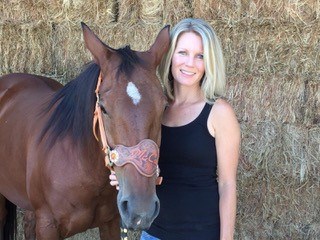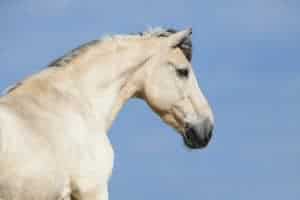
Could Endophyte-Infected Fescue Cause Lameness in Horses?
Researchers observed noticeable lameness in horses consuming high levels of endophyte-infected seeds and hay.


Researchers observed noticeable lameness in horses consuming high levels of endophyte-infected seeds and hay.

A recently published French study suggests a horse’s neck posture might indicate correlating back pain.

Researchers pinpointed a definitive cause of weight loss in 60% of evaluated cases.

Forage-only diets provide horses with more physically effective fiber than hay-and-concentrate diets.

Obtaining accurate ultrasound measurements of the upper suspensory ligament is challenging, research shows.

Australian researchers found hoof moisture levels similar in horses from dry and wet areas and after soaking.

A recent study shows that antioxidant levels appear to be challenged during the competition.

A new, minimally invasive kissing spines treatment method boasted a 95% success rate in a recent study.

Study shows this treatment for mild osteoarthritis has longer lasting effects than previously thought.

Recent study results suggest that forage-only diets could hold benefits for performance horses.

Study finds that dexamethasone (DXM) behaves similarly regardless of how it enters the horse’s body.

Standing fracture repair avoided general anesthesia risks and allowed most study horses to return to racing.

Researchers found that standing fracture repair avoided general anesthesia risks, reduced the complexity of the procedure, reduced treatment costs, and allowed most study horses to return to racing.

Firocoxib improved lameness scores, comfort, and mobility in most horses with osteoarthritis, a study showed.

Researchers found that some horses with inflammatory small bowel disease could have a gluten intolerance.

Research finds withholding a horse’s feed reduced heart rate and increased atrioventricular block frequency.
Stay on top of the most recent Horse Health news with